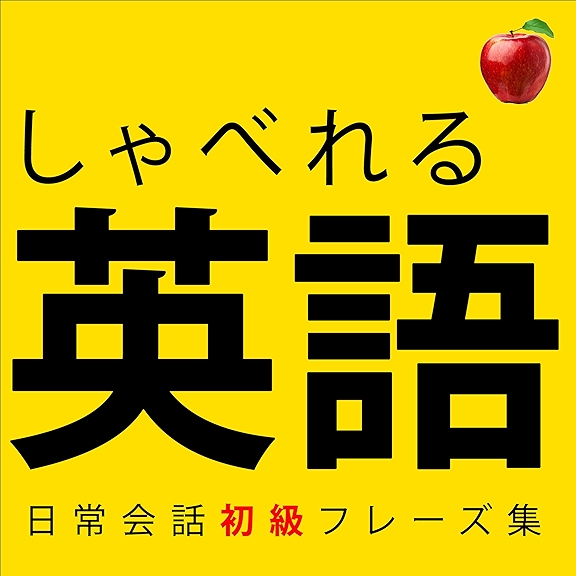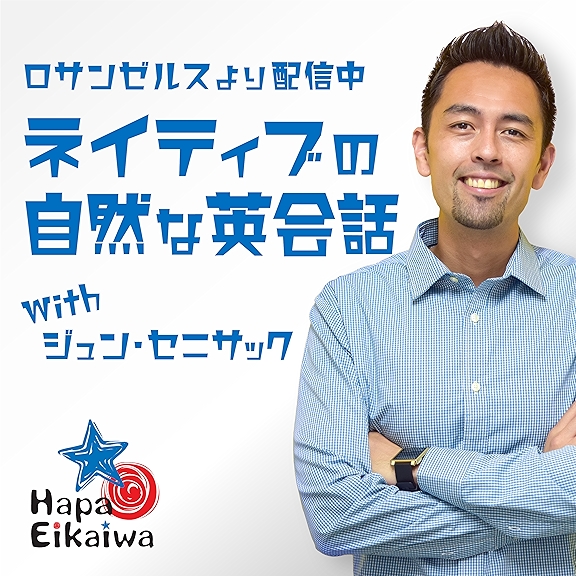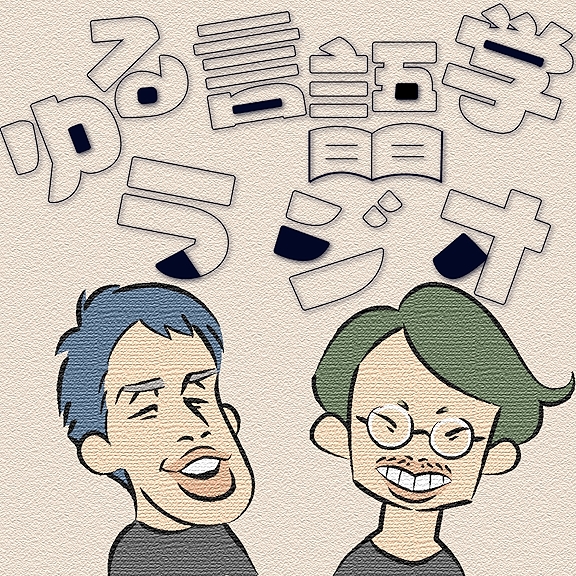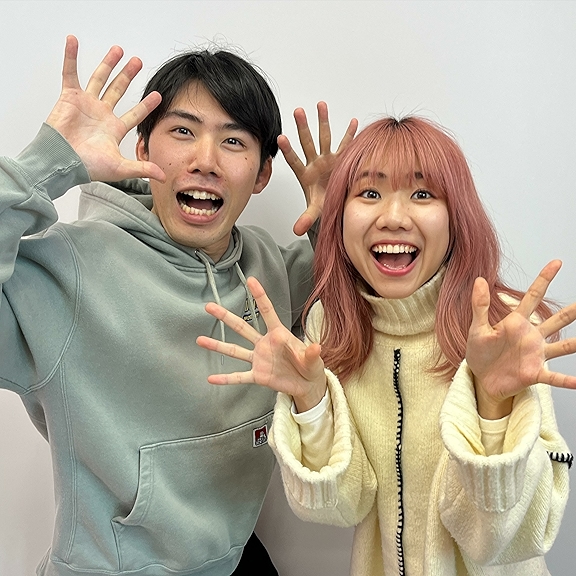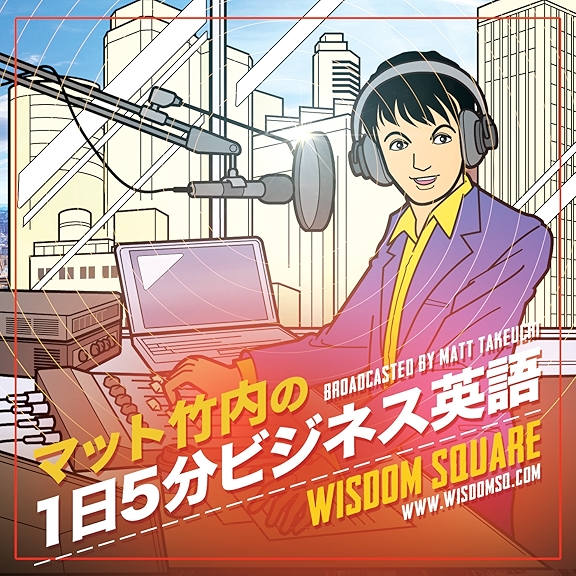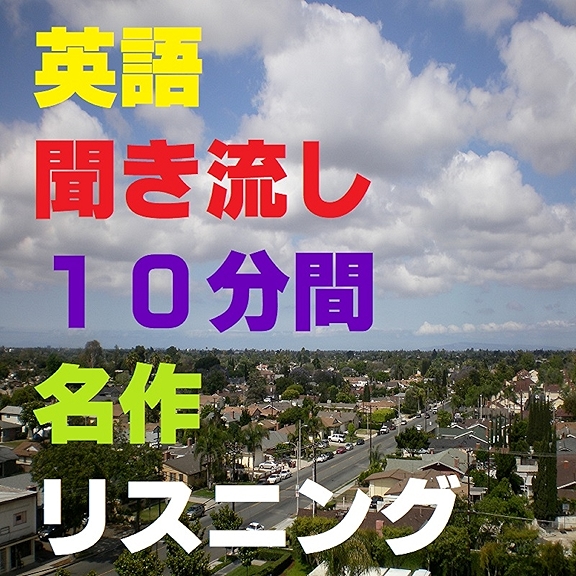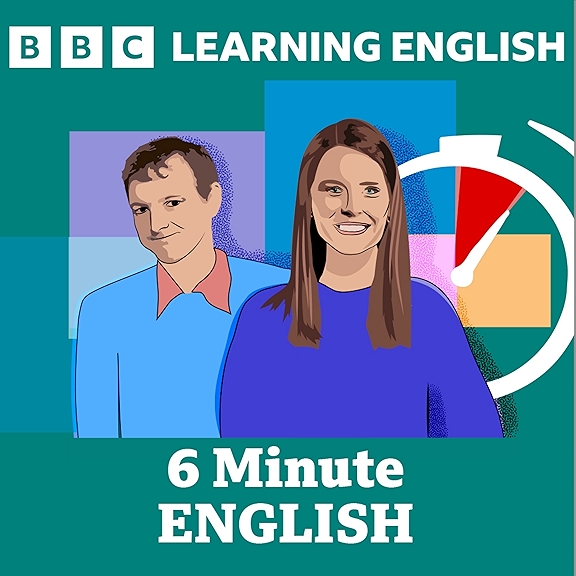
Decolonising Research Series: Interview with Dr. Anu Ranawana
This series of podcast episodes will focus on Decolonising Research, and feature talks from the Decolonising Research Festival held at the University of Exeter in June and July 2022.
The thirteenth episode of the series features University of Exeter PGR Olabisi Obamakin interviewing Dr. Anu Ranawana, Research Specialist at Christian Aid.
Music credit: Happy Boy Theme Kevin MacLeod (incompetech.com) Licensed under Creative Commons: By Attribution 3.0 License http://creativecommons.org/licenses/by/3.0/
Transcription
00:09
Hello, and welcome to rd in the in betweens. I'm your host Kelly Preece. And every fortnight I talk to a different guest, about researchers development, and everything in between.
00:34
Hello, and thank you for joining this online resource. My name is Bisi Obamakin. I'm a theology PhD student at University of Exeter. Today, we are joined by Dr. Anu Ranawana, sorry, who is a theologian and political economist. And he's gonna be joining us to discuss the theory of the theory behind decolonization. So thank you for joining this discussion. I really appreciate your time. Yeah, a little bit about yourself, what you do and what your research specialisms are.
01:08
Thanks Bisi, I'm so excited to be here. I absolutely love anything to me, like so. So I'm really honored and excited and all of those sorts of things. So a little bit about me, um, you said, I'm a theologian and political economist, I also always like to say, I'm a postulant theologian, because I'm really kind of still still on my journey. As a theologian, a lot of my work and my background has been in international development as a researcher in international development, but also working in the terms of looking at aspects of global justice. So in a sense, I come I come to theology from sort of from the ground of global justice. So I'm very, very sort of rooted in all of that. So because of that, I wear about six different hats at the moment. I'm a research advisor for Christian Aid. I'm doing a project at the University of St. Andrews, where I'm looking at the importance of storytelling to anticolonial, feminist theology, in Asian culture. And I also teach a little bit at the Queens foundation on aspects of justice, and mission. So I juggle a few different things. And so that's yeah, that's me. Amazing.
02:22
I also wanted to ask you, like, how did you get how'd you get involved with like, decolonial work? And that kind of thing? Like, how did you get involved in it?
02:31
In? Well, I mean, in the sense that I think, I've always been something that I've, I've thought about being someone from Sri Lanka, which was a former, and not only a British colony, but a Dutch colony, and a Portuguese colony. So you always think about who you are as a colonized subject. Because there's the kind of internalization of of, of the colony doesn't really go away, even, even even after independence. So in that sense, I think that's always a part of, of your conversations. And I think, in trying to understand what one's intellectual as well as sort of personal identity, I started reading, as we all do, I started reading people who had been writing on this issue, so people like Sylvia winter, or me, Suzanne, or fennel, who opened up these questions that, you know, you've always been trying to find out about yourself to find out about your country to find out about the global scape. And so, you know, in that sense, one of the things that, that these sort of writers do these thinkers do is that they push you to say, to push you beyond your kind of boundaries of, you know, what do you know, what, what don't you know, like, Are you sure of the ground you stand on? And that's kind of incredible. But I think what's really sort of affirmed me and forced me to be passionate about this kind of work has also been being involved in social movements. Because really, that is where that is where the theory of the world, especially in social movements, the creativity of, of social movements, people who, you know, for longer than you I have been alive, have been asking for a different world. And it still hasn't happened, you know, communities, fish or communities from communities that are at, you know, dealing with the, with everyday problems and crises. And they're so I hate the word resilient for the resilient and they're strong, and they create solidarity in those moments. And so, you think, because of, because of this, we, we need to be working for a different way in which our communities are our existing, you know, and not just existing but thriving. So it's combination of two things.
04:59
So On that note, we're going about, like social movements and stuff. So the topic of this discussion is about the theory of decolonization, and about some of the misconceptions around that. So only people just tell us a little bit about the actual theory behind it, and some of some of the misconceptions that are, that are surrounding that.
05:18
And yeah, thanks, missy. So, so decolonization has sort of two aspects of it, right? There is decolonization that unfolded into phases, politically. So from 1945 through till about the late 60s and 70s, we see, you know, the colonized peoples of of Asia and the Middle East, in Sub Saharan Africa, were claiming their sovereignty. So there is that physical aspect of, of decolonization that occurred in terms of the demands of independence from various colonies, right, against essentially European colonizers. But then the other aspect of decolonization is that it is an unfinished project. Right, which is what, which is the phrase I take from Professor in blue, we get Cheney, who's a South African, academic, he says it's an unfinished project. Because what decolonization is, is as, as an intellectual and emotional and political project is trying to do is not on the kind of protesting coloniality. But it's also saying we need to delink ourselves from the political and knowledge systems that are entrenched within us. Because these knowledges, these politics, were not created. For the flow reverse of people, it was essentially an entrenchment of the European project, it was ascribing humanity as a particular kind of human rights. So that persons of color, especially black persons, were seen as disposable, as things so that land and ocean and air was seen as property, as disposable, as something that you conquer. So these great theories of salvation that the European project gave us, was only for a particular kind of society and a particular kind of version of the human. Yeah, so the first thing we have to do is to delink ourselves from that, to reject it in a way to disobey these, this idea of, of the human. And then the next part of the project is the reclamation of what was lost of what was silenced and what was marginalized, you know, of, of re engaging with indigenous cosmologies, which have always existed, which have have continued to thrive and to live, but have been ignored. You know, it's about building you know, what Sylvia winter calls and ecology of knowledge. You know, which is such a beautiful and brilliant way of phrasing it. I think she's one of my favorite writers and, and thinkers at the moment, in terms of, of how she's hopeful in the project. And I think one of the misconceptions, I think, is that decani ality or decolonization is just about being more diverse. It's not actually it's about transformation. It's about this kind of complete change that we need to go through politically, morally and intellectually, in that sense, and can we do it? I think is the bigger question, right? Can we can we reject what we know? Can we refuse what we know? And in doing that, we might then make things like the university, for example, the university is, I mean, pretty much anyone who works on on decolonization will will say the university is a colonial project. So do we have to reject the idea of the university? And that's a hard thing for those of us who are in the academy to do.
09:30
So what do you think are some of the practical things that need to happen within the academy in order to move forward from the place that we're in?
09:37
I think it's difficult, isn't it? I think that the first thing that we can do in the university is to look at the ways in which we structure and shall I say, center knowledge, right? So um, If you look at this is going to sound really, really crude. I talk about it all the time, but look at funding for research. At the moment, we know that if you want funding for research that comes from research councils, wherever they are based, all that money is concentrated in the global north at the moment. And it's nigh impossible for a researcher based in the global south to become a principal investigator, and to lead their own research project, they are dependent on their colleagues in the north, which means that the power of who designs the project who wants to ask the question, and whose knowledge is paramount, is always going to be in the Global North, even if it's a if it's a southern researcher who's based in the Global North, you you, you don't have you don't know whether that person is in trauma, particularly a lead community, you know, what about, and we also don't disperse, we don't diffuse funding enough, so that those who are non academic can actually lead you know, thought leadership. We don't do that enough. If it was up to me, I would simply give a pot of money to a social movement and say, You guys design the project. You know, that will be I mean, I think one of the that's one of the first and fundamental things that we need to do. Other things that I think we need to do practically in the academy is to walk away from what I call the fetish of English. Wow, you know, so much of academic publishing, what we read all the time is in English, or in you know, European languages. And the thing is, language is, you know, this is why Derrida talks about, you know, there's no outside text, because language structures and places strictures and how we think about things and how we do things, you can take a particular concept, you can take the concept of Ubuntu, you can take the concept of, you know, sorry, I can think of when we say you do a wandering you try you translate your dough into English, you can do that. But what are you losing the translation? Are you actually centering that knowledge? Are you translating it or codifying it into English? So these are things that we need to be thinking about how can we ensure a Pluribus in which we're publishing in different languages, we're engaging in different languages where a loving, you know how many scholars or, or researchers and social movements are not able to really come in and be seen in the spotlight at a university because they're not able to present an English or French or German or, you know, what it is? And I think in so this is such a huge thing. I think one of the big conversations I think, going on in publishing right now, is the fact that a lot of researchers from the global south aren't able to publish because they don't really pass peer review in terms of language or something like that. I actually was asked to review a journal article, and one of the things had to take off on the forum was the quality of English. And I literally wrote, they're saying, someone's quality of English should not be equal to their intellectual capacity. And I think that's something that we can also do, as researchers, as reviewers as members of the epistemic community. Right. So those are just a couple of things off the top of my head. But I know you're an academic as well. So what do you think are sort of the practical challenges the difficulties of working in the, in the university as we know it?
13:36
I think, for me, the biggest, biggest challenge is just the fact that we as a society are kind of socialized into thinking that Western epistemology is the center of the universe. Because I was teaching some Sixth Form students just a couple of days ago, and I was just introducing the concept of African African epistemology and different ways of knowing and bless the hearts it was kind of that sense of like, like, why why is it valid? You know? Yeah. And it was it was genuine it I mean, that they're not being pretentious or that No, no, like, What do you mean, and I think it's the way that we are taught from from when we were young, that this is knowledge, this is how to be intelligent, and it's not contextualized. I think for me, if if I were to change anything I would, especially with young people, I will just make sure that everything we teach them is contextualized. And there's a sense that, you know, Western ways of knowing and western knowledge doesn't need to be contextualized because it's kind of it's the norm. It's not sorry, yeah. And I'll try to explain to the young people but it's not like I'm saying just throw out Western epistemology and Western ways of knowing because as a black, Nigerian, a woman of heritage, a lot of my work at the moment is actually kind of us using kind of Western epistemology. So for example, Um, African epistemology is very much oral, and things are passed down orally, which is amazing. And, yeah, incredible. But actually, so my father, for example, he has so much knowledge and history. And so I'm trying to actually write some of that down. So, you know, it's not that we can't learn from Western epistemology or one thing, check it out. But I think it's about us having everyone have an equal seat at the table, and everyone being able to contribute and learning from each other. There's so much we can learn from African Ways of Knowing Asian ways of knowing. And I think it's just a bit sad at the moment that I feel like our students are almost robbed of that opportunity to have a wider perspective, I think it's important because they're gonna be going into the workplace going to be the future leaders to future politicians, and I think want them to have a narrow view of the world, or a very western centric view. Yeah, that's kind of, but that's my heart, really, for the Academy in the next couple of years, that there can be a real change that young people can actually realize that okay, this is the way I view the world. Great. But let me how you how do you view the world? And that's just as valid as mine?
16:16
Yeah, absolutely. I mean, I love that, because that's really very much about, you know, how do we create a Pluribus of knowledge? Right, that sees all of these knowledges, whether they're within an educational institution, or outside of education, whether it's in the West, or it's in the east to the south, as all equal, you know, as all saying something about the condition in which we live, you know, this idea of, I mean, I very much, you know, hold on to a lot of, you know, like Buddhist thinking about the importance of experience as a kind of knowledge, you know, and I think we've moved, we've moved so much away from them. It's wonderful. You talk about, you know, oral cultures and storytelling, so much of the wisdom of our ancestors comes to us through scoring, storytelling, and that's knowledge. It's absolutely knowledge, even though it's not like we have not done a literature review of the gaps in the literature, and presented it. It's beautiful knowledge in its, it's not an experiential knowledge. It's also historical knowledge, isn't it? Right?
17:24
Yeah, definitely. So as we come to a close, what kind of practical things would you say to the people that are watching this, that aim to consider when it comes to colonialism? And whether they're academics and non academics? What would you kind of implore them to, to think about,
17:42
and the first thing I would say is read, read vertically and read horizontally? I find that one of the things that helps me a lot is not only to be reading academic texts, but to be reading novels, reads the novels and the stories of people who have gone through things. And I think that's, that's, that's really, really important. I think it's important for those of us who are academics, to not think ourselves above from social movements, we need to be part of social movements. And we need to be loving those social movements to be teaching us. I think the most important thing is building radical community. Yeah, if you're not in community, you're not listening, and you're not really sharing and learning. You know, I think this was the difficulty, you know, we talked with the academia as a Library Tower. But even in that ivory tower, we don't build community to communities is so incredibly important. And I think it's also about asking you when you're reading a text, or when you're engaging with something, constantly asked that question of what here? Do I not know? Oh, yeah. What here? Do I need to refuse? Like, where is this coming from? You can you know, a lot of black theologians talk about you know, reading with in with a framework of a hermeneutics of suspicion, we can be suspicious of the texts that we're reading, contextualize your texts, all of them, not only the ones that come from, you know, as you'll see from the the non West, contextualize the Western text, so you can still read bass and you can still read can't or you know, Merleau Ponty but contextualize them. Yeah, why not? So good. You know, so those are the things that I think you can do. That's
19:43
a good, so yeah, thank you so much for this discussion. I knew I think it's been so amazing to just realize that actually a lot of this stuff that has been kind of theorized with the academy, but you know, decolonial so actually styling grassroots community, you know, it started in social communities. So, I think thank you so much for inviting us on. I really appreciate it. So what are your social media handles? How can we keep a new level of what you're doing? Are there certain things that you're up to?
20:11
Yeah, I'm on Twitter, although it's a bit crazy my twitter but you're welcome to follow me. It's at a R A, N, A WA and a two, five. So do give me a follow ask me a question. And mostly what I'll do is tell you who the fantastic people are in the world who are doing all of this work and who to read and who to be a part of
20:32
that you're definitely one of those people. No, not really. Thank you for joining us. I really, really appreciate it. And thank you guys for watching. Please check out the website for other really amazing resources of D colonialism. Okay? Bye.
20:46
Thanks. We'll see bye.
20:48
And that's it for this episode. Don't forget to like, rate and subscribe. And join me next time where I'll be talking to somebody else about researchers development and everything in between.




